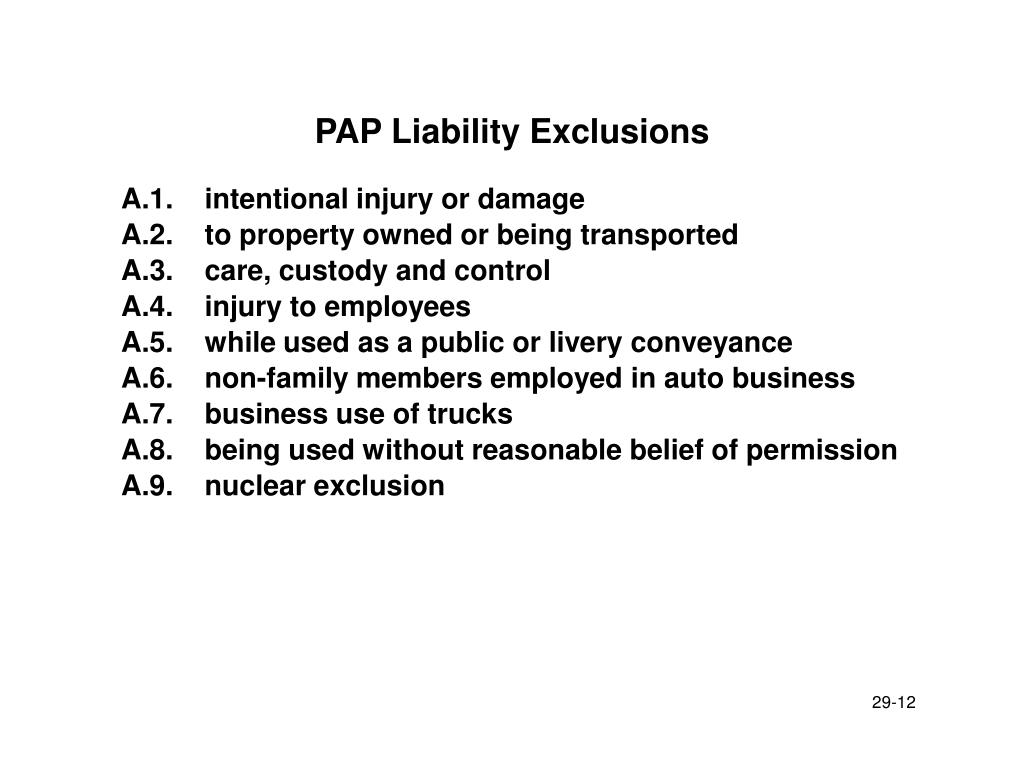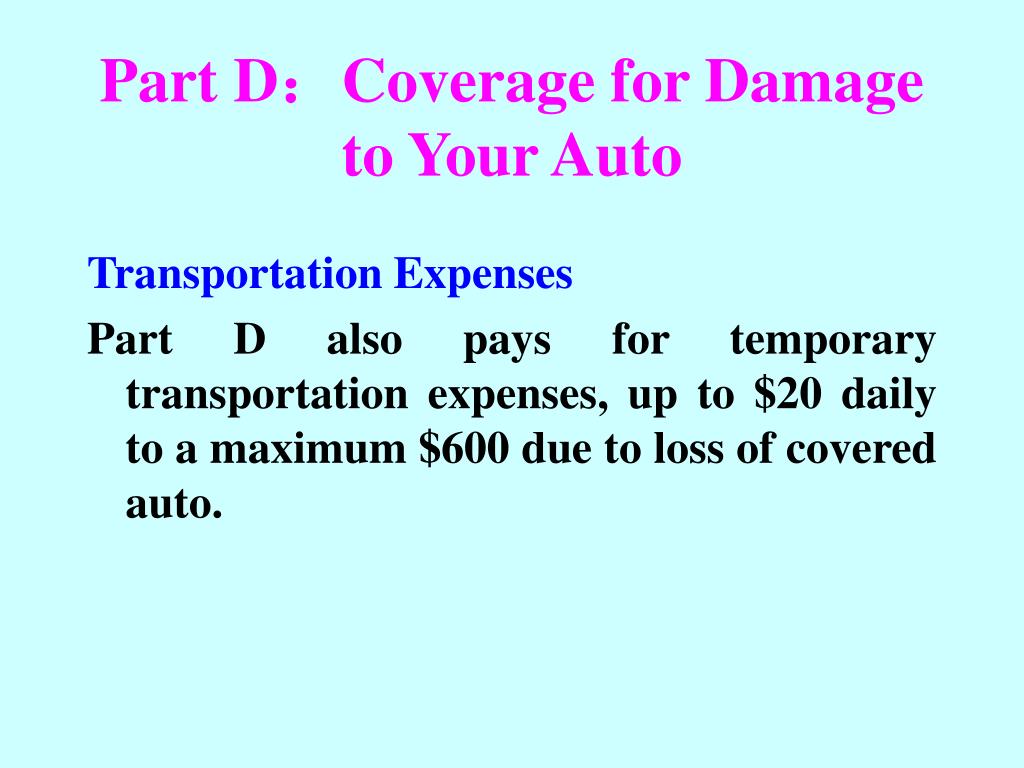

Many different factual scenarios can be imagined, however, where both the driver’s personal policy and Uber’s commercial policy would decline coverage.
#PUBLIC OR LIVERY CONVEYANCE DRIVERS#
Where the Uber driver’s personal policy is not available for any reason, however, Uber does voluntarily provide its drivers with a commercial insurance policy that “covers drivers’ liability from the time a driver accepts a trip request through the app until the completion of the trip.” Additionally, where the driver is available for service, but between trips, Uber provides a contingent policy that applies only if the driver’s personal policy completely declines or pays zero. Presently, companies such as Uber are not subject to the same regulations, and its drivers are not required to be covered under a commercial policy, as are taxicab drivers. These regulations ensure that the passengers being transported are sufficiently protected in the event of an accident. North Carolina has dealt with this exclusion by subjecting taxicab companies to specific regulations concerning liability insurance coverage. Given the business model of a company like Uber, it is likely that a North Carolina court would determine that the insured vehicle would be operating as a public or livery conveyance, such that insurance coverage would be excluded under the driver’s personal automobile policy. Though North Carolina courts have not specifically defined “public or livery conveyance,” other jurisdictions hold that such term is synonymous with the operation of a taxicab, where the automobile is held out to the general public for carrying passengers for hire and used indiscriminately in transporting the public. Vehicles used in prearranged reading or speed contests.With the arrival of “ridesharing” mobile applications such as Uber and Lyft to the Raleigh-Durham area, consumers have access to easy Triangle travel but should be aware of potential risks and liability of the driver.Īccording to Uber’s website, when a consumer chooses to solicit a ride through “UberX,” the majority of the drivers are “rideshare drivers providing transportation with their personal vehicles.” While Uber requires these drivers to carry personal insurance policies, North Carolina’s standard personal automobile policy excludes coverage for an “insured’s liability arising out of the ownership or operation of a vehicle while it is being used as a public or livery conveyance.” Vehicles other than the covered autos that are owned by family members or furnished for their regular use (does not apply to the named insured). Vehicles other than covered autos that are owned by the named insured or furnished for the named insured's regular use. Motorized vehicles with fewer than four wheels or designed for use off public roads (does not apply to non owned golf carts) BI or PD for which an insured is covered under a Nuclear Energy Liability policy. Use of a vehicle without permission (does not apply to family members using covered autos owned by the insured). Liability arising while the insured auto is being used in an auto business. This exclusion does not apply to a share-the-expense carpool. Liability arising out of an insured's ownership or operation of a vehicle used as a public livery conveyance, such as taxi. BI to an insured's employees (These losses are covered under workers compensation) Damage to property rented to, used by, or in the care of the insured.

Damage to property owned or being transported by the insured BI or PD caused intentionally by the insured


 0 kommentar(er)
0 kommentar(er)
